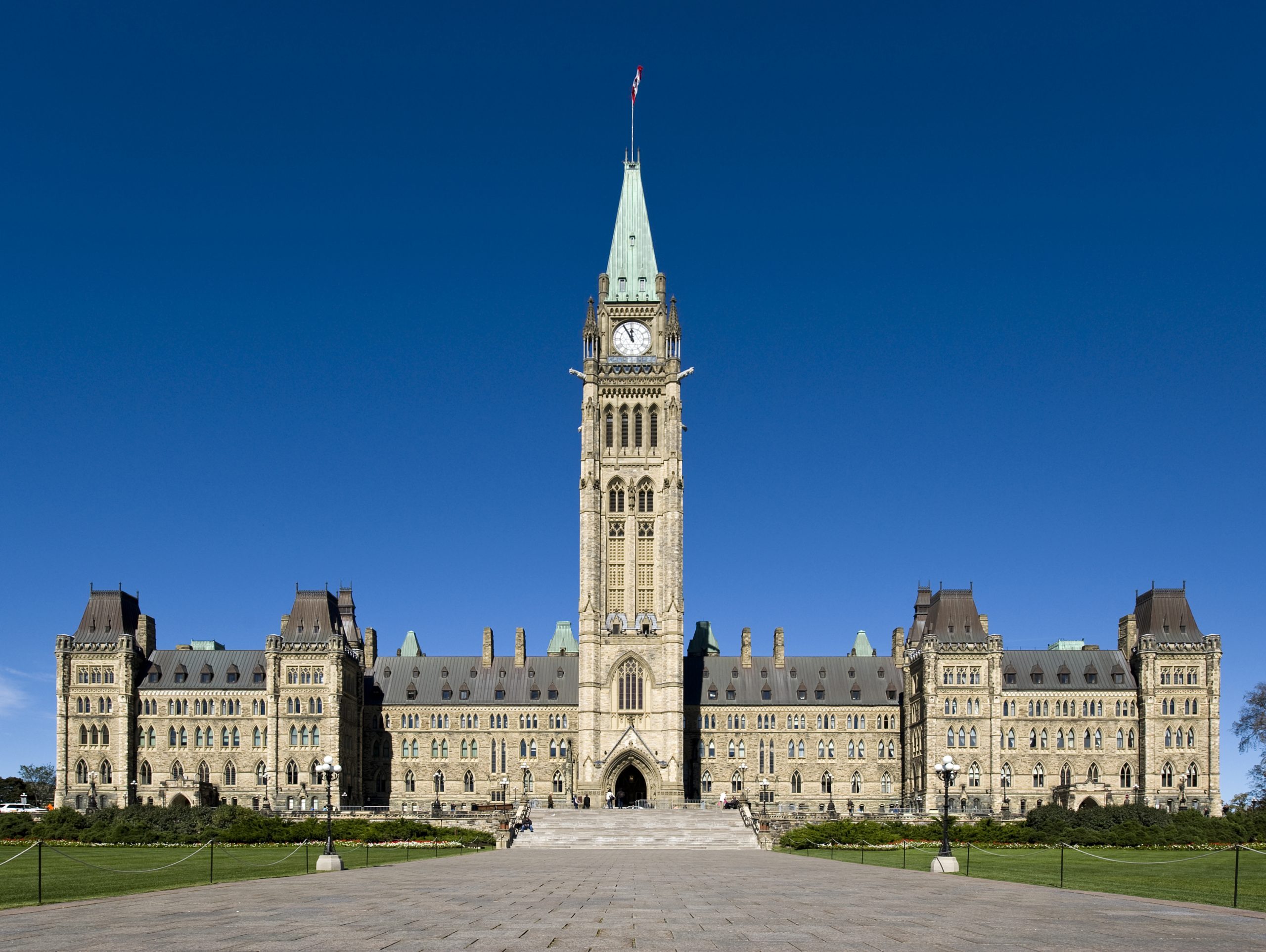They may not be sexy issues, but cutting red tape, enhancing capital cost allowance and eliminating capital taxes are key elements in the eyes of many Manitoba business leaders when it comes to making the province more competitive.
Ottawa will provide incentives to the provinces to eliminate capital tax — a tax on a company’s total debt and equity irrespective of its profitability — by 2011.
Many analysts have said for some time it is a particular impediment to Manitoba’s ability to compete with its neighbours.
"This is very good news," said Peter Holle, executive director of the Frontier Centre for Public Policy. "There is no bang for your buck in that tax. In fact, it causes a lot of damage. It’s a real detriment to growth in the province."
Manitoba is one of the provinces that relies on that tax more than most. The province has budgeted $175 million in revenue from the capital tax for this fiscal year.
"We have been encouraging the province to do something about this for eons," said Graham Starmer, president of the Manitoba Chambers of Commerce.
Trevor Sprague, a senior manager at PricewaterhouseCoopers and chairman of the Winnipeg Chamber of Commerce, agreed.
"That tax is a real disincentive to invest in this province," he said. "When we try to attract business from the U.S., it is not something they have ever experienced."
The federal incentive will provide transfers to the province in a formula that takes into account federal corporate taxes that will increase when the provincial capital tax decreases.
Manitoba Finance Minister Greg Selinger has already targeted a 20 per cent reduction in the provincial capital tax on July 1, 2008. A spokesman from his office said: "This is something we are already working on. We’re looking for more details on how the incentives will work."
The province’s important manufacturing sector will also benefit from new capital cost allowance rates for investments made between now and the end of 2008. It will allow companies to write off the cost of new equipment and machinery in two years instead of seven. The capital cost allowance rate will increase from four to 10 per cent for buildings used in manufacturing and processing, and from 45 per cent to 55 per cent for computers.
Small-business owners and farmers will get a lift from an increase in the capital gains exemption from $500,000 to $750,000.
That means when a business owner sells the business or a farmer sells the farm, they will not have to pay tax on the first $750,000 of the proceeds.


